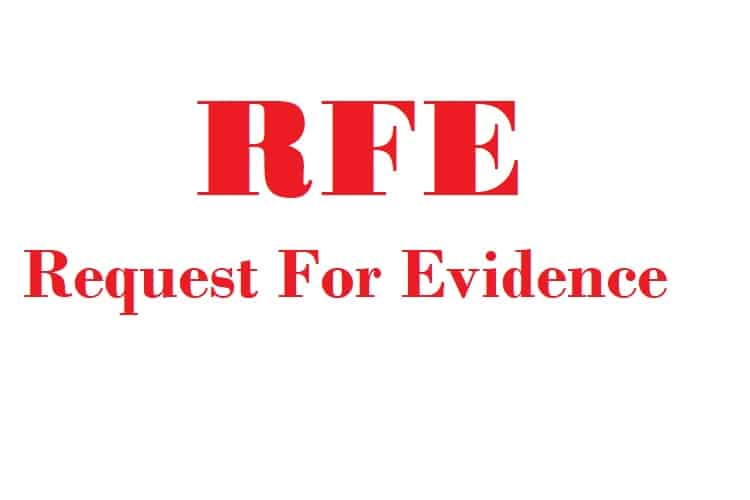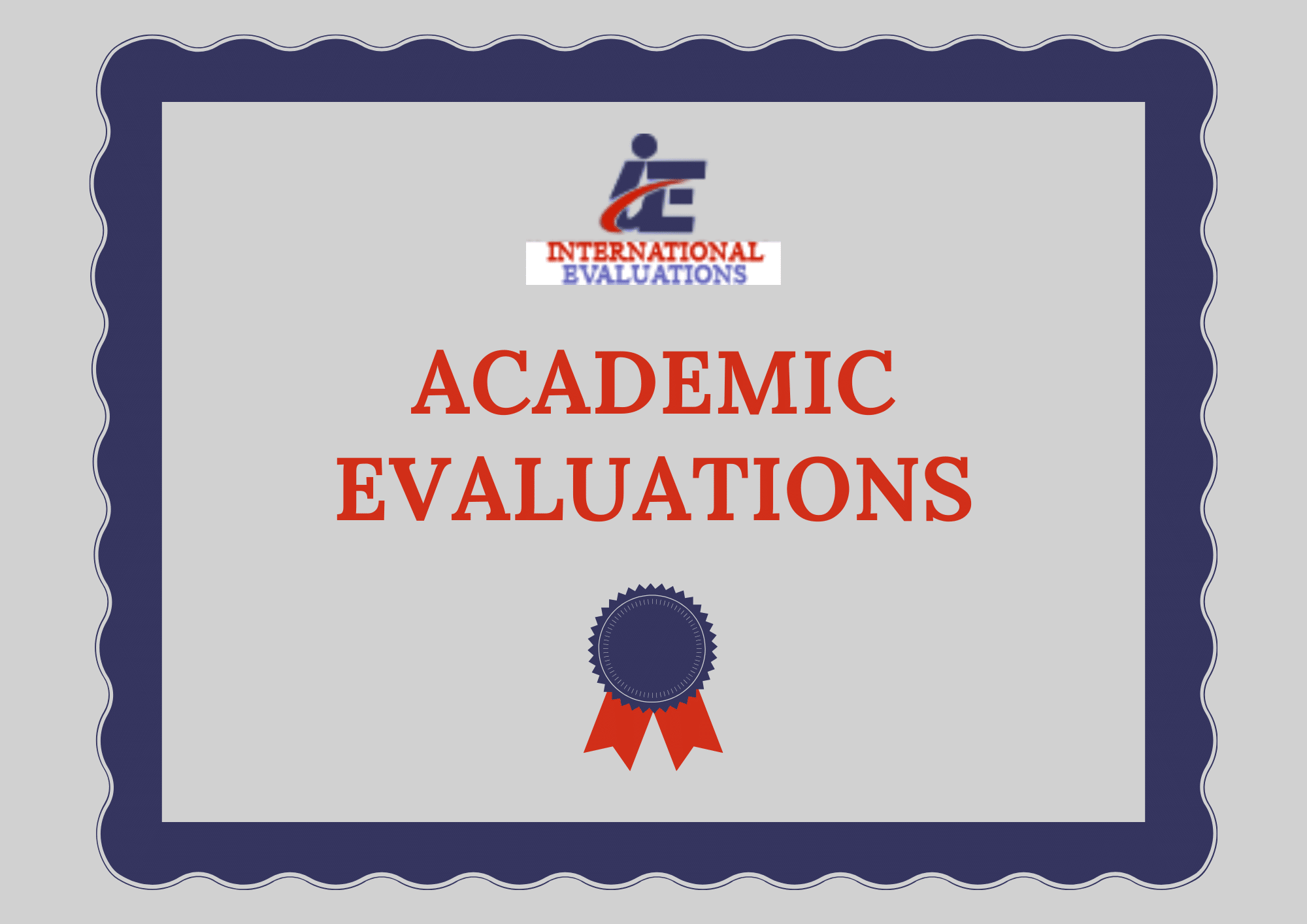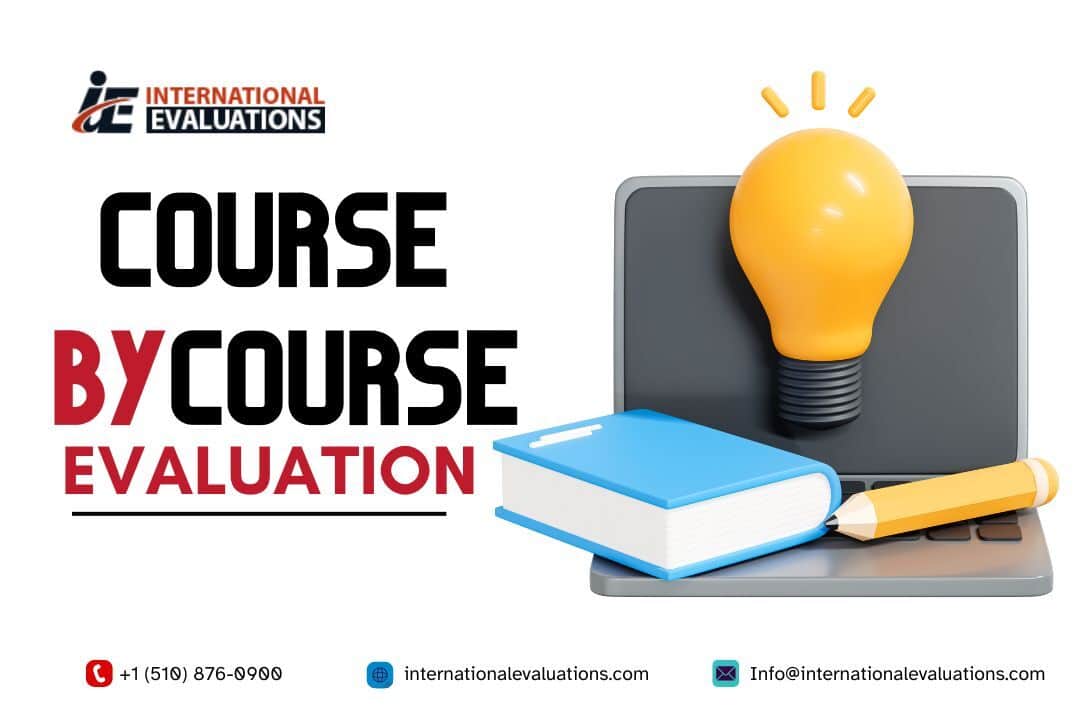Introduction
In a significantly globalized world, the requirement for precise scholastic credential examinations has actually never been more essential. As individuals seek to enhance their education or gain work throughout borders, institutions and companies need a trustworthy understanding of the certifications existing. This requirement has led to the increase of international credential evaluation services, a sector dedicated to examining educational accomplishments from various countries.
Among different assessment approaches, the course-by-course credential evaluation stands apart as one of the most thorough and precise techniques. This comprehensive analysis not just translates educational qualifications however also evaluates course material, grades, and total academic efficiency. In this post, we will delve into the complexities of course-by-course assessments, exploring their significance, method, advantages, and much more.
Understanding Course-by-Course Evaluations
What is a Course-by-Course Evaluation?
A course-by-course examination offers comprehensive insight into an individual's academic history. Unlike a basic assessment that sums up degrees and institutions participated in, a course-by-course evaluation breaks down:
- Each course taken Grades received Credit hours earned Comparisons with similar courses in the U.S. educational system
This careful technique permits a nuanced understanding of a prospect's scholastic capabilities.
Why Are Course-by-Course Evaluations Important?
The importance of course-by-course evaluations can not be overemphasized. Here are some reasons that they are pivotal:
Precision: They provide in-depth assessments that can influence admissions choices or job placements. Transparency: Supplies clear insights into foreign education systems. Employability: Lots of employers choose candidates with well-documented scholastic histories.Who Needs Course-by-Course Evaluations?
Individuals seeking college or job opportunity abroad typically require these assessments. Typically, they include:
- International trainees using to U.S. colleges or universities Professionals seeking licensure in managed fields Immigrants pursuing job opportunities in different sectors
The Process of Course-by-Course Evaluations
Steps Involved in a Course-by-Course Evaluation
The journey through a course-by-course evaluation involves numerous key steps:
Document Submission: Applicants send all appropriate transcripts and documents. Verification: The examining firm confirms the credibility of these files with providing institutions. Analysis: Each course is evaluated for equivalency in terms of U.S. standards. Report Generation: A comprehensive report is created outlining findings.Required Documents for Evaluation
To go through a course-by-course examination successfully, candidates must provide particular documents:
- Official records from all post-secondary organizations attended Translations (if essential) by certified translators Any extra supporting documents asked for by the assessing agency
International Credential Assessment Services
The Function of Credential Assessment Services
International credential evaluation services function as intermediaries between foreign instructional systems and U.S.-based institutions or employers. These firms assess foreign degrees and determine their equivalence in regards to U.S. education.
Choosing the Right Assessment Service
Selecting a proper credential evaluation service can significantly affect your application process. Think about elements such as:
- Accreditation status Experience with specific countries' educational systems Types of examinations used (basic vs course-by-course)
Benefits of Course-by-Course Credential Evaluations
Enhanced Academic Transparency
One major advantage is boosted transparency relating to an applicant's scholastic background; organizations can assess candidates more effectively.
Improved Employment Opportunities
For job hunters, having a detailed report increases credibility and enhances possibilities throughout working with processes.

Streamlined Admissions Processes
Colleges and universities can make quicker choices based on comprehensive reports that provide clarity on a candidate's qualifications.
Work Experience Evaluation
Understanding Work Experience Evaluation
In addition to academic qualifications, lots of candidates possess substantial work experience that may also require recognition through an expert opinion letter or similar evaluation method.
Why is Work Experience Important?
Employers often think about work experience alongside official education when determining viability for positions. Having this evaluated can showcase skills and proficiencies gotten through useful application instead of simply theoretical knowledge.
Expert Viewpoint Letters
What is a Professional Viewpoint Letter?
A professional opinion letter works as documents https://internationalevaluations.com/contact/ from professionals vouching for a person's certifications based on their evaluation of the applicant's work experience relative to market standards.
Importance of Expert Opinion Letters
These letters confirm non-traditional learning experiences and bridge spaces in between official education and real-world applications-- essentially enhancing one's profile in competitive job markets.
Business Plan Evaluation
Understanding Business Plan Evaluation
For entrepreneurs seeking funding or support from financial institutions or investors, a robust business strategy evaluation is vital-- not only does it describe business objectives but likewise examines expediency through market analysis.
Importance in Entrepreneurship
Evaluating service plans helps recognize possible weaknesses before providing them to stakeholders; thus increasing chances for success through informed changes based on expert feedback.
Course Equivalency Comparisons
How are Course Equivalencies Determined?
Each country has its distinct grading systems and curricular structures; for that reason establishing equivalencies requires careful analysis by qualified critics who think about different factors such as:

- Credit hours Course content Learning outcomes
Comparative Tables
|Foreign System|U.S Equivalent|Description|| ----------------|-----------------|-------------|| 3-Year Degree|Associate Degree|Comparable learning outcomes|| 4-Year Degree|Bachelor's Degree|Comprehensive curriculum coverage|
Challenges Dealt with in Course Evaluations
Common Concerns Experienced During Evaluations
Evaluators may deal with challenges consisting of discrepancies in grading systems, insufficient documentation sent by applicants, or differences in curriculum focus throughout countries.

Resolving Challenges
Effective communication in between evaluators and candidates can assist deal with uncertainties quickly-- quickly resolving any concerns guarantees smoother processing times while preserving precision throughout evaluations.
Legal Considerations in Credential Evaluations
Navigating Legalities
Credential evaluators should adhere strictly to legal standards concerning personal privacy laws when managing personal details related to applicants' qualifications-- guaranteeing compliance secures both parties included throughout this sensitive process.
Risks Without Compliance
Failing to follow legal protocols may result not only in reputational damage but possible legal action should any breaches occur-- for this reason why choosing accredited firms familiar with local laws is vital!
FAQs About Course-by-Course Evaluations
1. What files do I require for a course-by-course evaluation? You will usually require main transcripts from all post-secondary institutions attended along with any needed translations if documents are not initially in English.
2. How long does it require to finish a course-by-course evaluation? Processing times vary by firm however typically variety from two weeks as much as a number of months depending on volume and complexity included with your case submission!
3. Can I appeal if I'm discontented with my assessment results? The majority of respectable firms provide appeals procedures; check your selected agency's policy thoroughly upon receiving results so you comprehend steps offered should you feel adjustments necessary!
4. Are online courses evaluated differently than conventional courses? Generally speaking they're assessed likewise; however it's important that completion certificates suggest rigor equivalent versus typical classroom-based delivery designs when assessed!
5. Exists an expiration date on my credential evaluations? While evaluations themselves don't expire per se-- organizations may have particular timespan within which they prefer seeing current variations so constantly ensure up-to-date data offered before sending applications!
6. Can I get my work experience examined instead? Definitely! Work experience evaluations serve verifying non-academic learning pathways showcasing hands-on abilities got outside conventional education settings!
Conclusion
In summation, carrying out Course-by-Course Evaluations: A Comprehensive Analysis for Precise Assessment gears up individuals navigating worldwide education landscapes with vital tools needed toward accomplishing their goals-- whether those involve studying abroad securing viable employment opportunities locally or internationally! By comprehending how these assessments operate one can better prepare themselves while increasing total success rates through notified decision-making backed by extensive insights delivered by means of well-respected companies offering reliable evaluation services customized specifically toward private needs within this complex field!